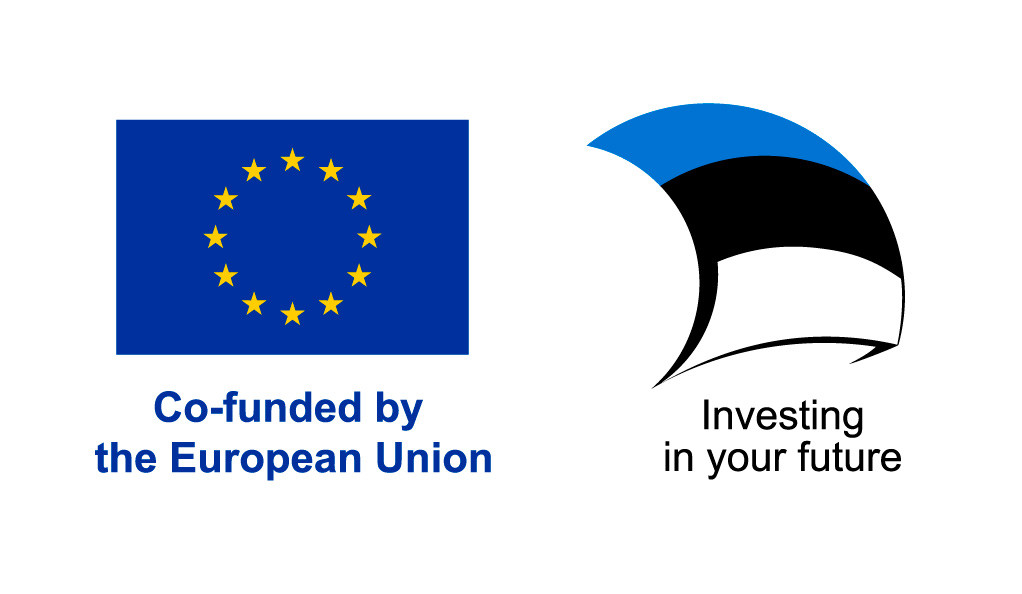- Home
- Circulars
- Programme
- Plenary Speakers
- List of Symposia
- Symposium A.1: Power imbalance and hierarchies in Finno-Ugric studies
- Symposium A.2: Shifting and competing ideologies in minority language development and language maintenance
- Round-table: Finno-Ugric Studies meeting the People
- Symposium B.1: Prehistoric lexical layers in Saami and Finnic
- Symposium B.2: Perspectives on Saami with a particular focus on the smaller languages
- Symposium B.3: South Estonian within and beyond Uralic studies
- Symposium B.4: The size of Uralic nominals
- Symposium B.5: Verbalization of motion events in Uralic
- Symposium B.6: Grammatical Subjects and Objects in Uralic
- Symposium B.7: Clause combining in Uralic languages
- Symposium B.8: Epistemic categories in Uralic and beyond
- Symposium B.9: Discourse particles in the Uralic languages
- Symposium B.10: Marginal phonemes
- Symposium B.11: Prosody of Uralic languages
- Symposium B.12: Building diachronic corpora for minority languages
- Symposium C.1: Reappraising Public Representations of Finno-Ugric Identities
- Symposium C.2: The Possibilities of Studying Finno-Ugric Religions in a Changing World
- Symposium C.3: The winter in Finno-Ugric cultures
- Symposium C.4: Traditional Creation and Modern Experience in Folk Music Revival
- Symposium D.1: Transdisciplinary approach in the studies of the human past
- Venue
- About CIFU
Congressus XIV Internationalis Fenno-Ugristarum
Symposium B.8: Epistemic categories in Uralic and beyond: evidentiality, intersubjectivity, epistemic authority and engagement
Organizers: Nikolett F. Gulyás (Eötvös Loránd University), Rebeka Kubitsch (University of Szeged), Sándor Szeverényi (University of Szeged)
In recent years, the research of evidentiality, a category that is primarily associated with information source, has explored new avenues into the direction of semantics and pragmatics (cf. Bergqvist & Grezch 2023). At the same time, new concepts and categories have been established in connection with knowledge, which often exceed the traditional morphology-based approaches that have been typical of the research on Uralic languages in this regard. Categories like intersubjectivity, epistemic authority, epistemic stance and engagement concerns the speaker’s relationship in respect to acquiring, accessing and processing information in interaction with other discourse participants. We aim to apply a broader understanding of these concepts and thus, subject a wide array of linguistic elements, not exclusively morphological markers, to discussion.
We primarily follow the definitions found in Bergqvist & Kittilä (2020) and Bergqvist & Grezch (2023): an approach based on pragmatics, as function of evidentials are conditioned by interaction. The key notions and the relationship between these are illustrated by the following definitions. We also consider these definitions to be justified because research on evidentiality in Uralic languages has reached similar conclusions (e.g. Kugler 2015, Kubitsch 2023, Spets 2021):
- Evidentiality typically concerns the signaling of information source, however, the use of evidential markers in discourse shows close connections to other epistemic categories, e.g., evidentials are prone to develop intersubjective semantics.
- Intersubjectivity concerns forms including the point of view of the addressee in discourse (e.g., in terms of epistemic authority and access).
- Epistemic authority is an inherently relative notion that relates to rights over knowledge (e.g., my own actions), as well as responsibility for knowledge.
- Engagement concerns asymmetries in the mental disposition of the speech-act participants (Evans et al. 2018: 118). Engagement refers to intersubjective configurations of knowledge/access, which can be exclusive to the speaker or shared with the addressee.
At the workshop we intend to have contributions addressing the following questions:
- How are these categories expressed in the Uralic languages?
- How do these categories intertwine (if they do so) with each other and with other parts of grammar?
- What are the limitations of researching these categories in Uralic? What kind of sources should be used and what kind of methodology could advance research?
- Are there any consequences, possible new avenues of research in connection with ethnolinguistics and/or cognitive linguistics?
- How have these categories evolved in language history?
- Can areal connections be outlined within and across these categories?
We primarily invite contributions that tackle the above-mentioned phenomena from a functional point of view, especially in regard to minor Uralic languages.
Literature
Bergqvist, Henrik & Seppo Kittilä (eds.). 2020. Evidentiality, egophoricity, and engagement (Studies in Diversity Linguistics 30). Berlin: Language Science Press.
Bergqvist, Henrik & Grzech, Karolina. 2023. The role of pragmatics in the definition of evidentiality. STUF – Language Typology and Universals, 76(1). 1–30.
Evans, Nicholas & Bergqvist, Henrik & San Roque, Lila. 2018. The grammar of engagement I:
framework and initial exemplification. Language and Cognition 10. 110–140.
Kubitsch Rebeka 2023. Evidencialitás az udmurtban. PhD dissertation. University of Szeged.
Kugler Nóra 2015. Megfigyelés és következtetés a nyelvi tevékenységben. Budapest: Tinta Könyvkiadó.
Spets, Silja-Maija 2021. Marin kielten menneen ajan tempusten evidentiaalisuudesta ja modaalisuudesta. Virittäjä, 125(2).
Contact persons: Nikolett F. Gulyás nikolett.fgulyas@btk.elte.hu, Rebeka Kubitsch kubitsch.rebeka@gmail.com, Sándor Szeverényi szevers@hung.u-szeged.hu



